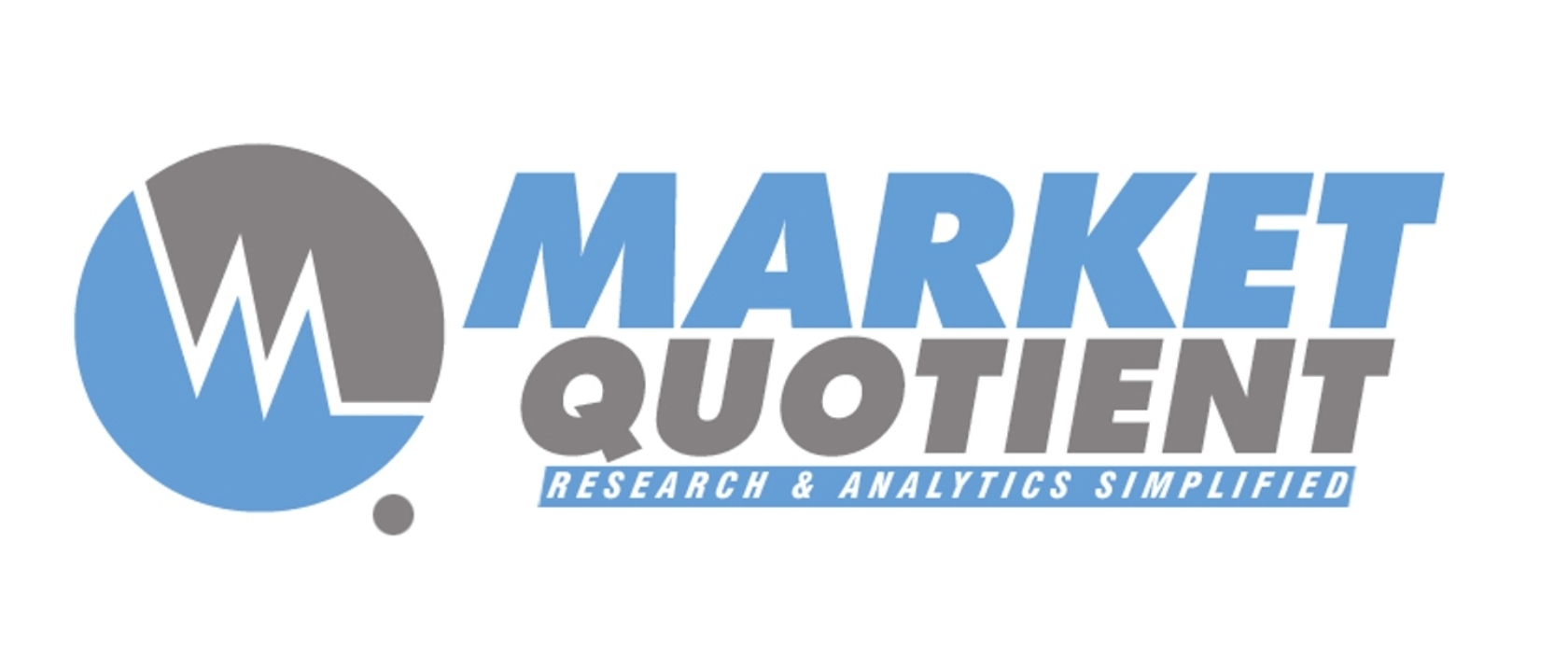In the modern business landscape, data is a critical asset for making informed decisions, developing strategies, and maintaining a competitive edge. However, small and medium enterprises (SMEs) often face challenges in collecting and analyzing data due to limited resources. This is where virtual assistants (VAs) come into play. By leveraging VAs for data collection tasks, SMEs can overcome these challenges and reap numerous benefits. Let’s explore the advantages that SMEs gain from using virtual assistants for data collection.
1. Cost Efficiency
Hiring full-time staff for data collection and analysis can be expensive, especially for SMEs with limited budgets. Virtual assistants offer a cost-effective alternative by providing on-demand services without the overhead costs associated with full-time employees. Businesses can save up to 78% on operating costs annually by hiring virtual assistants. The average cost of a virtual assistant ranges from $10 to $25 per hour, compared to the average salary of $50,000 for a full-time data analyst.
2. Scalability and Flexibility
SMEs often experience fluctuating workloads. Virtual assistants provide the flexibility to scale data collection efforts up or down based on current needs, without the commitments of long-term contracts or employment. For example, an SME experiencing a seasonal increase in demand can quickly hire additional VAs to manage the spike in data collection requirements, ensuring timely insights without long-term financial commitments.
3. Access to Expertise
Virtual assistants often come with specialized skills and experience in various data collection and analysis tools. SMEs can access this expertise without the need for extensive training or onboarding. Approximately 58% of businesses that use virtual assistants report improved productivity due to the specialized skills VAs bring to the table.
4. Time Savings
Automating data collection tasks through virtual assistants frees up valuable time for SME owners and employees, allowing them to focus on core business activities such as strategy development, customer engagement, and innovation. For instance, a small retail business can use VAs to handle data collection from online sales, customer feedback, and market trends, enabling the owner to concentrate on expanding product lines and improving customer service.
5. Improved Data Accuracy and Consistency
Virtual assistants, equipped with the right tools and technologies, can ensure higher accuracy and consistency in data collection. This reduces the risk of human error and enhances the reliability of the data being analyzed. Companies using virtual assistants for data tasks report a 33% reduction in errors compared to manual data entry.
6. Enhanced Decision-Making
By efficiently gathering and analyzing relevant data, virtual assistants provide SMEs with timely and actionable insights. This empowers SMEs to make better-informed decisions, respond swiftly to market changes, and identify new opportunities for growth. For example, a tech startup can leverage VAs to collect and analyze user behavior data from their app, providing critical insights that guide product development and marketing strategies.
7. Increased Productivity and Profitability
Virtual assistants enable SMEs to streamline data collection processes, which leads to increased productivity and profitability. By automating repetitive tasks and providing accurate data, VAs help SMEs optimize their operations and achieve better financial outcomes. SMEs utilizing data analytics report a 5-6% increase in productivity and profitability compared to those that do not. Businesses that implement virtual assistant solutions see an average productivity boost of 30-40%, translating to significant improvements in their bottom line.
8. Competitive Advantage
With access to real-time data and insights, SMEs can stay ahead of market trends and competitors. Virtual assistants help level the playing field, enabling smaller businesses to compete with larger enterprises through strategic data utilization. SMEs using virtual assistants and advanced data analytics tools report a 20% higher rate of market competitiveness compared to those relying on traditional methods.
Conclusion
The use of virtual assistants for data collection presents a transformative opportunity for SMEs. By offering cost efficiency, scalability, access to expertise, time savings, improved data accuracy, enhanced decision-making, increased productivity and profitability, and a competitive edge, VAs empower small and medium enterprises to harness the power of data without the need for significant financial or human resources. As the business environment continues to evolve, the strategic adoption of virtual assistants will be crucial for SMEs aiming to thrive in a data-driven world.
Partnering with Market Quotient for your business support needs means unlocking new levels of efficiency and productivity. Let us handle the operational details so you can concentrate on driving your business forward. Contact us today to learn more about how Market Quotient’s business support services can empower your organization to succeed in today’s dynamic marketplace.





